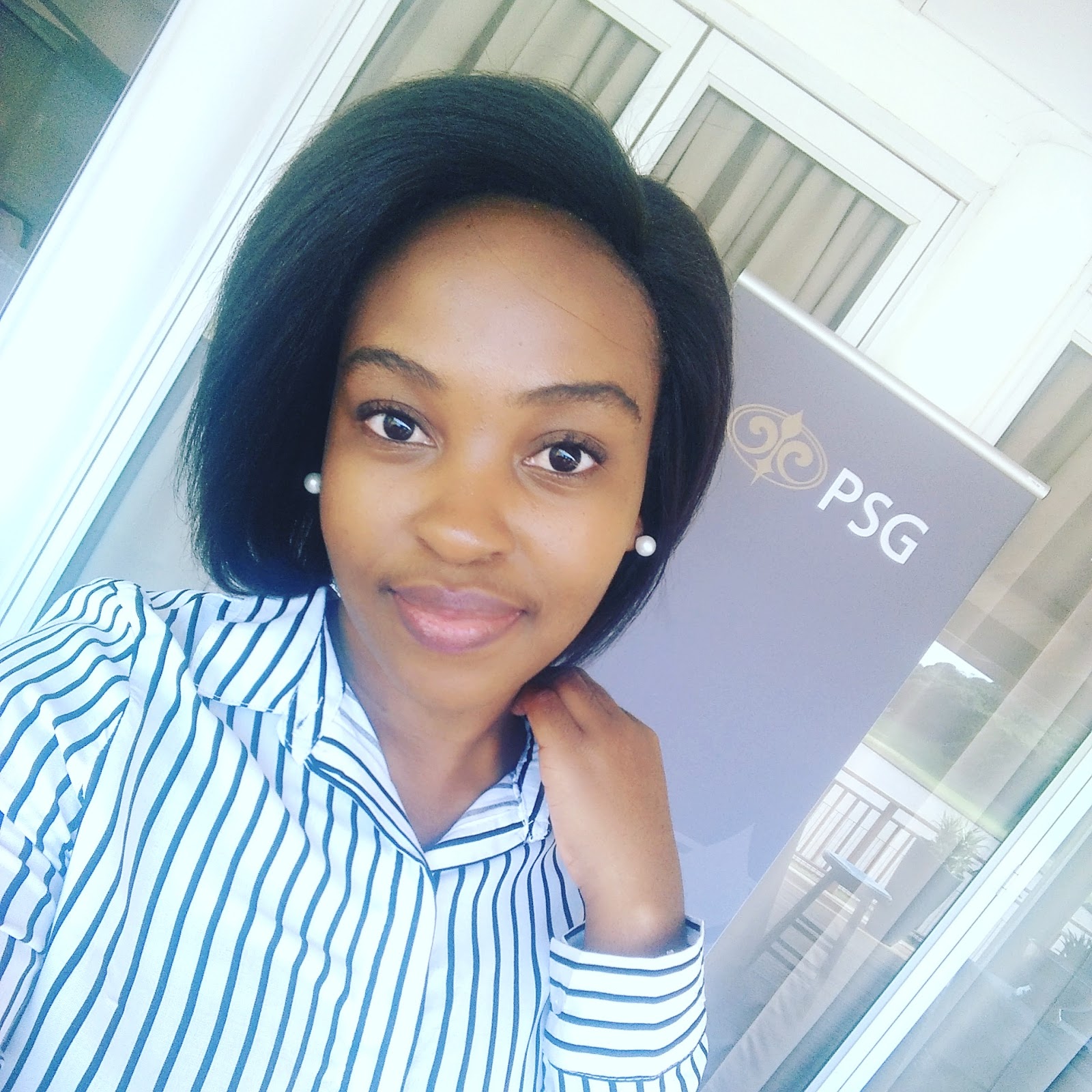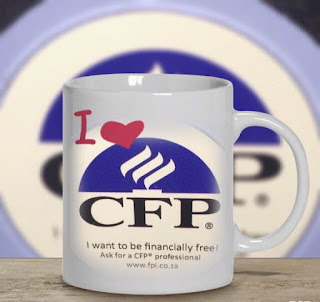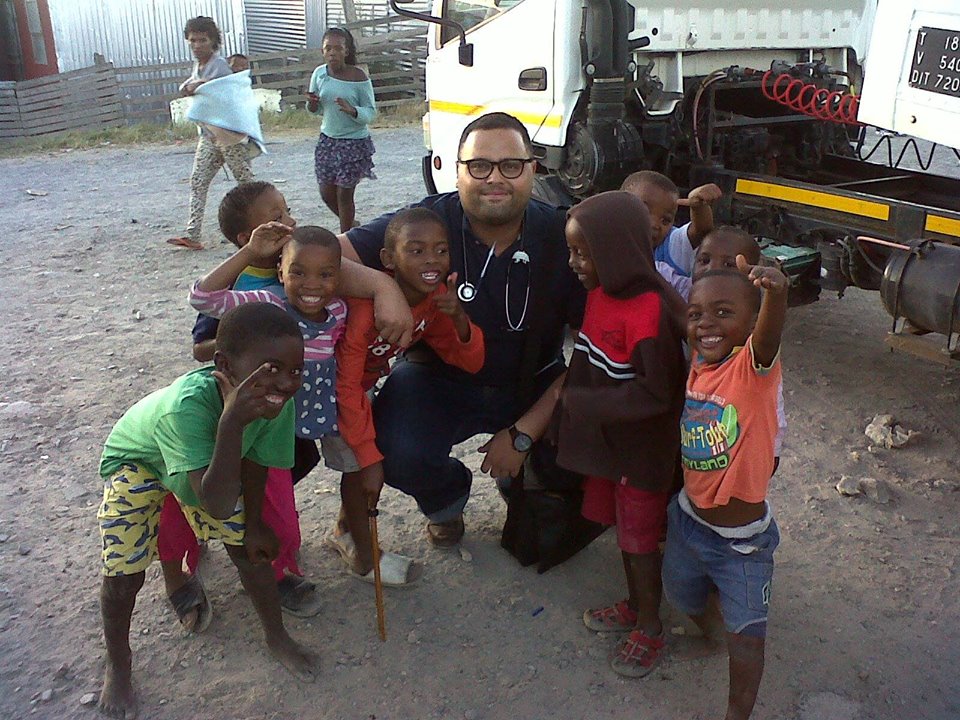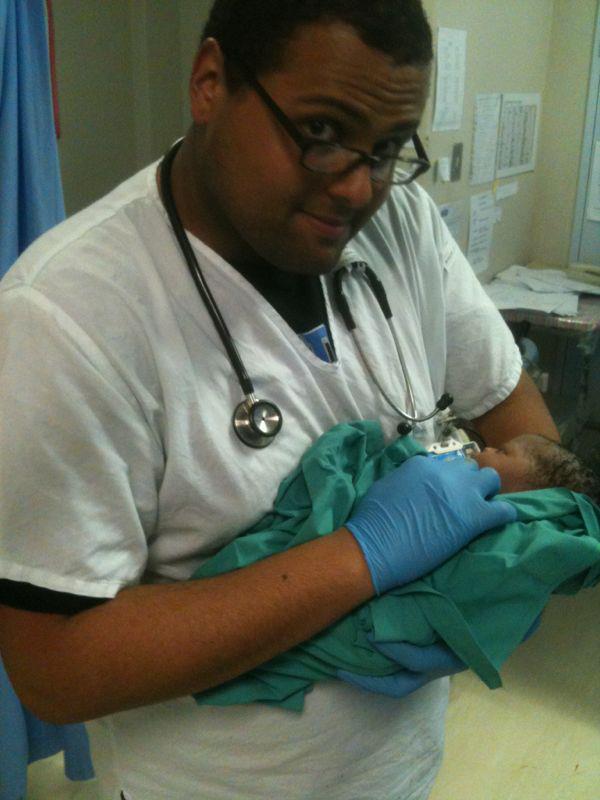Interview with CFP Professional Thembisa Mngadi
This is Thembisa Mngadi a certified financial planner otherwise known as a CFP professional. We interviewed her to find out how a last born from a disadvantaged family, raised by a single mother managed to beat the odds and succeed academically to become a CFP professional. We hope this interview will inspire you to follow the careers you want even if there are challenges because where there is a will there is a way.
1.Tell us a little about yourself, your background and your career choice.
My name is Thembisa Mngadi, 27 years of age, born in Durban but my family is from the South Coast, Ixopo. I did all my primary and secondary schooling at Inanda and finished my Matric in 2007. In 2008 I was accepted in UKZN to do my Bcom Undergrad Degree. Before I came to university, I thought I would be a CA, with difficulties I experienced in varsity, I changed my Majors to Economics and Marketing, I then pursued my Honours in Marketing Management finishing in 2012. I was luckier than most, I got an internship in KZN Department of Treasury as an Economics Intern. Due to lower stipends and I had a lot responsibilities then, I had to look for other jobs opportunities, it is then that I was introduced to the Financial planning career as I was taken by Sanlam on their 1 year Financial Advisor Graduate Program in 2013.
2. What made you decide to become a financial planner?
The Sanlam Graduate was very interesting in terms of what we learned about being a financial planner and how you can change people's life through financial planning, it was also an eye opener to realize that financial planning plays a big role in ones life. At that point I knew I needed a career that will give me an opportunity to change people's life and mind-sets about finances. With so many people in debt in South Africa and people lacking simple budgeting skills, I knew this was the career path I should take.
3. What does one need to study(qualifications needed) and where can they study?
There are many qualifications that allow one to be a financial planner, such as Bcom Financial Planning, which you can do if you come straight from school in Universities such as UJ, university of the Free State and Milpark College.
For one to be a recognized Certified Financial Planner, they need to meet the 4 Es of the profession, which is Education (Post Grad Diploma in Financial Planning), Experience (Which is min 3 years in the financial services Industry) the third E is for the Examination, which is a Board Exam you write through the Financial Planning Institute of SA, which is our professional body in SA. The last E is that of Ethics, just like other professions, ethical behaviour as a financial planner is vital.
4. What challenges did you face during your studies and how did you overcome them?
Throughout my studies, both full time and part time financial constraints has always been at the forefront. But other than that, studying while working and have to take care of your family is always a challenge. There is nothing that beat perseverance and knowing your goals for the future.
5. When you started working was it exactly as you expected or were there surprises.
I think every student thinks getting the highest qualification in your field will make you an expert and will give you the highest salary in your field, well this is not the case. You always have to work hard and at the best of your abilities to go to higher levels of your career, never think being qualified and having enough experience will bring luck and magic for your career. Sell yourself, and always upgrade your skills.
6. What are the different career paths one can follow within your field, and would you say there is room for growth within your field to rise in positions and climb the corporate ladder.
The Financial service industry is very broad and that's the beauty about it, you can move from one path to another when you are a CFP. One can be an Investment Specialist, Estate Planning Specialist. Just like a Dr, you can choose to be a GP or specialize in a specific field. There is big room for growth, but one needs to always grow themselves with relevant industry studies.
7. How long does it take from the time one finishes their studies to the time one earns a comfortable competitive salary?
Comfortable salary different for different people. Having said that, the financial planning profession is an entrepreneurial profession, one determine their levels of earnings, depending on the space you in. If you are a financial planner, the earnings are limited by how much hard work you put in. I would say to build a sustainable practice is different for people, but the average time they give you is about 3-5 years.
8. Which type of people would you encourage to go for a career in financial planning and what advice would you give them?
I won't lie and say this is an easy career, No. One needs to have passion for the profession, have passion for people and have resilience. You need to be a hard and smart worker. If you are able to put other people first before yourself, then Financial Planning is for you. Be a networker, communicate with people.
We asked Thembisa for one sentence to describe financial planning, here is her response:
The greatest career that does not get the recognition it deserves.
To get in touch with Thembisa:
Facebook: Thembisa V Mngadi











